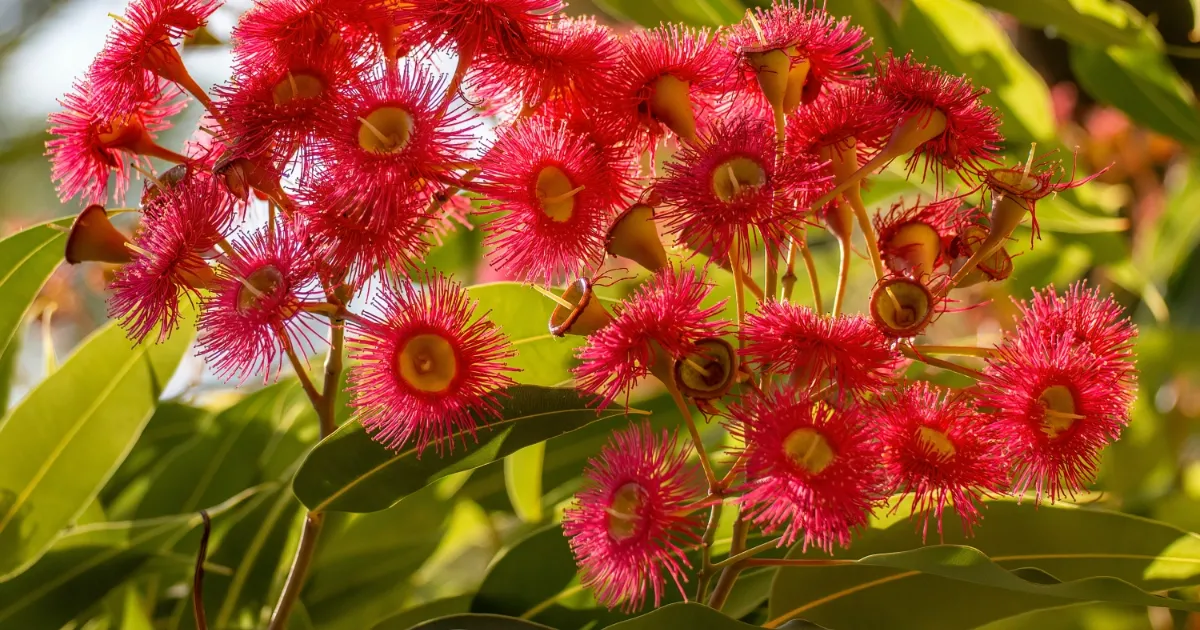
Garden Wisely: What Not to Plant
Join our community in protecting Dawesville's unique landscape and ensure your garden is as eco-friendly as possible.
In Dawesville and other coastal areas, it’s crucial to be mindful of what we plant in our gardens. Some species can become invasive or simply don't thrive in the local conditions, potentially harming the natural landscape. Here's a guide to plants you should avoid in your garden to help maintain the ecological balance and preserve the native flora.:
Arum Lily (Zantedeschia aethiopica)
Highly invasive, the Arum Lily can quickly outcompete native vegetation, disrupting local ecosystems. This plant is best avoided to protect our natural heritage.
Black Flag (Ferraria crispa)
Although it might be intriguing, with its unique appearance, the Black Flag is known for its foul-smelling flowers and rapid spread in coastal heath and woodland areas. Keeping it out of your garden helps preserve the local flora.
Watsonia (Watsonia spp.)
Watsonia can form dense clumps that displace native species, becoming a challenge for maintaining biodiversity. Opting for native alternatives helps sustain Mandurah's unique environment.
Agapanthus (Agapanthus praecox)
Popular in many gardens, Agapanthus can escape cultivation and invade bushland, posing a threat to native habitats. Consider swapping this out for local species that are more eco-friendly.
Ficus
Ficus species, including rubber plants and figs, are notorious for their invasive root systems. They can cause damage to water pipes and structures, so they’re better left in pots or avoided altogether.
Cocos Palms (Cocos nucifera)
Cocos palms may bring a tropical feel but come with sticky fruit that attracts bats and creates a mess. They grow tall, often becoming unmanageable and problematic for homeowners.
Bamboo
While bamboo can provide privacy and noise reduction, invasive types can spread aggressively, making them difficult to control. Choose clumping varieties cautiously if you must use bamboo.
Brazilian Peppertree (Schinus terebinthifolia)
This plant is regarded as a weed in Mandurah, known for its invasive nature. Its aggressive growth can easily overshadow native plants, making it a choice to bypass for garden enthusiasts.
Coastal Tea Tree (Leptospermum laevigatum)
While it may seem fitting for coastal areas, the Coastal Tea Tree can quickly become invasive, posing a threat to the natural flora balance.
Cootamundra Wattle (Acacia baileyana)
This species can outcompete other plants, leading to a decrease in native diversity. Its spread is a concern for maintaining the integrity of local ecosystems.
also ......
- Flinders Range wattle
- Geraldton Carnation Weed
- Pink Gladiolus & Wavy Gladiolus
- Madiera Vine
- Morning Glory
- Pampas Grass
- Tree of Heaven
- Watsonia
- White Weeping Broom
Embracing Native Alternatives
For a more sustainable and harmonious garden, consider planting native species that are well-adapted to the coastal environment, such as Melaleuca and Banksia species. These not only support local wildlife but also require less maintenance and resources.
By planting native species, we not only enhance our gardens but also support the local ecosystem, contributing to the ongoing conservation efforts in the Dawesville area. Together, we can protect our environment for future generations.
23 Oct 2024


